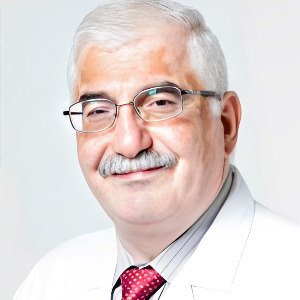Diabetes Education
Diabetes is a complex condition that involves daily self-management, such as eating healthy foods, staying physically active, monitoring blood sugar levels, and taking prescribed medications. Diabetes educators can empower the patients to manage their diabetes as doctors manage their treatment. Licensed healthcare professionals, such as registered nurses, registered dietitians, and pharmacists, provide diabetes care and education. They educate, coach, and guide patients so that they understand diabetes and how it affects their daily life, and they help them to develop (and achieve) behavior modification objectives to improve their health.
- Handling stress
- Nutrition education
- Self-management of diabetes
Committee Members

Mahir Khalil Ibrahim Jallo
Gulf Medical University, Canada
F Buck Willis
Christian College of Medicine, Belize
David Petch
utR Biotech, Canada Diabetes 2026 Speakers

David Petch
utR Biotech, Canada
F Buck Willis
Christian College of Medicine, Belize
Ashok Sharma
Indraprastha Apollo Hospital, India


